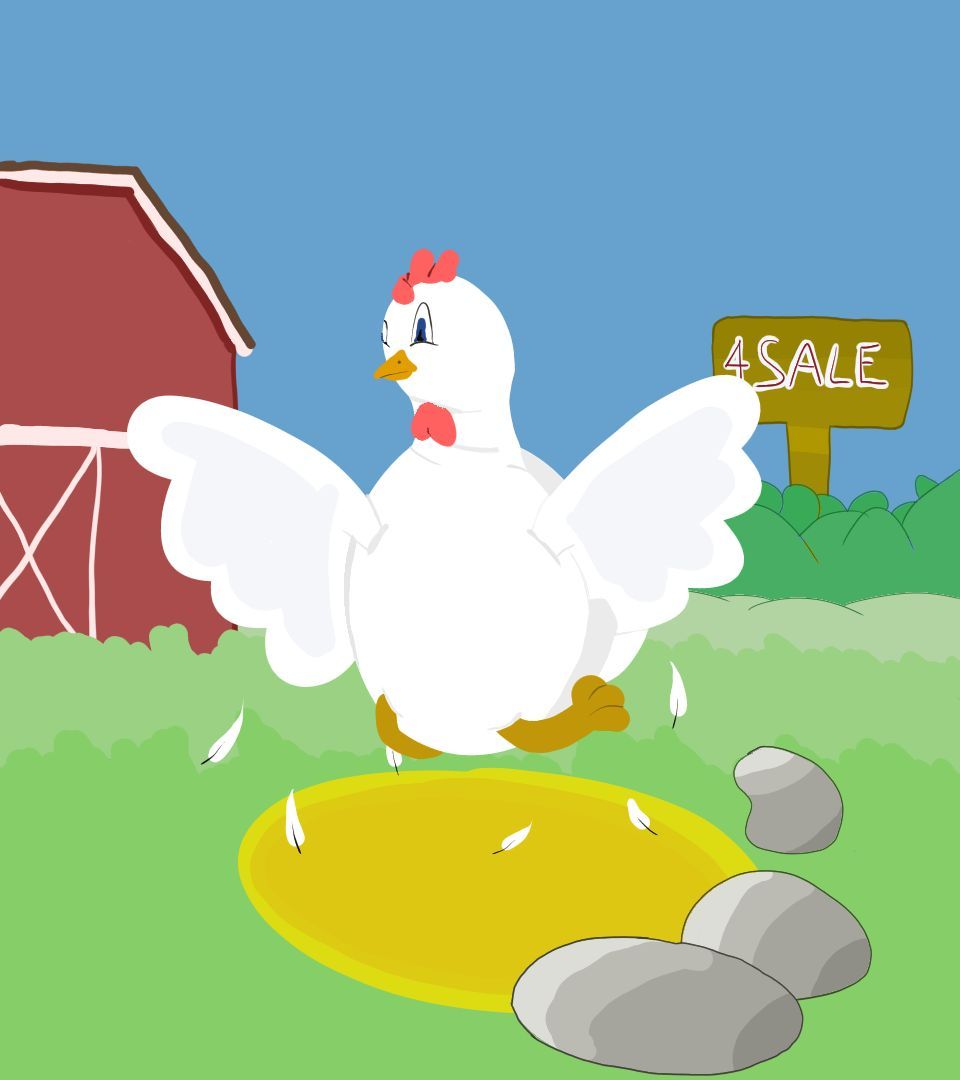Ludum Dare 49 Wrap Up

It's now a few months past a few months after Ludum Dare 49, and I'm quite late at getting this finished. I've also lost all my notes on the development process and the whole process is a blur - but with Ludum Dare 50 now less than a month away, it's time to finally finish up with the last entry - Humble Homestead.

Gameplay
At it's core, Humble Homestead is a rough simulation of a very basic farm that will eventually grow into a town. You have 3 different resources - money, meat, and grass. Money is used to purchase and upgrade plots of land, meat is used to feed the population of your town, and grass is used to feed your animals. Hidden behind the obnoxious "HTML5" banner in the top right corner of the above screenshot is some time controls, with each day lasting about a minute. Every day your animals have a chance to breed, their produce is sold, your population has a chance to grow, and sometimes "random" events happen.
So basically it plays as an idle game, where you have to click every minute to acknowledge the changes and advance to the next day.
You can indeed lose if your population hits 0. There is no outright win condition, but I added different names for your settlement up to a population of 200 and declared that as having "finished" the game.

Technology
Nobody reads a Ludum Dare post-mortem to hear about how to win at the game though. Like all Ludum Dare Compo games, this one is open source - and you can find the source over at https://gitlab.com/tharbagroup/ld49 .
This entry marked my return to the Phaser engine after is beat me around during Ludum Dare 47. Chosen mostly for the ability to run in a browser instead of having to rely on participants downloading/installing a prorgam as I did with Python in LD48, the engine was perfectly acceptable. Phaser still suffers from a huge split in documentation between versions 2 and 3 much like Python did, but it has greatly improved over my previous attempt a year ago.
Issues
By far, the biggest issue I had with Ludum Dare was managing the scope of the submission. Trying to simulate a (albeit) small economy doesn't leave much time for polish and bug fixing, which showed. Thankfully the Compo rules allow for post-deadline bug fixes which meant that eventually I ended up with an acceptable submission. However, I did manage to burn myself out with the extended hours of problem solving and burned through the time I had set aside for playing other submissions.
Conclusion
This is definitely the best, and the most difficult submission I've put together for Ludum Dare. I'm quite happy with everything that came together in the end, and doubly so for the friends that helped push it over the line. With Ludum Dare 50 less than a month away, I've set a much higher bar for myself to follow up on.
And this time, the follow up writing won't be 5 months late. I'll probably even remember some of the coding when I write it.